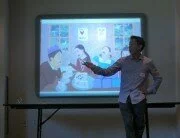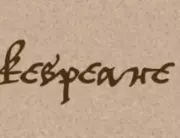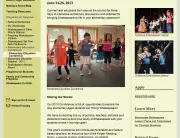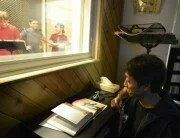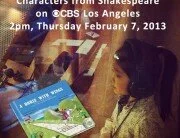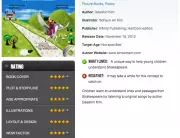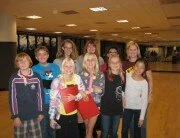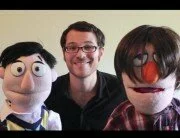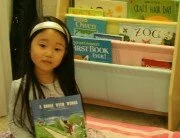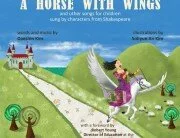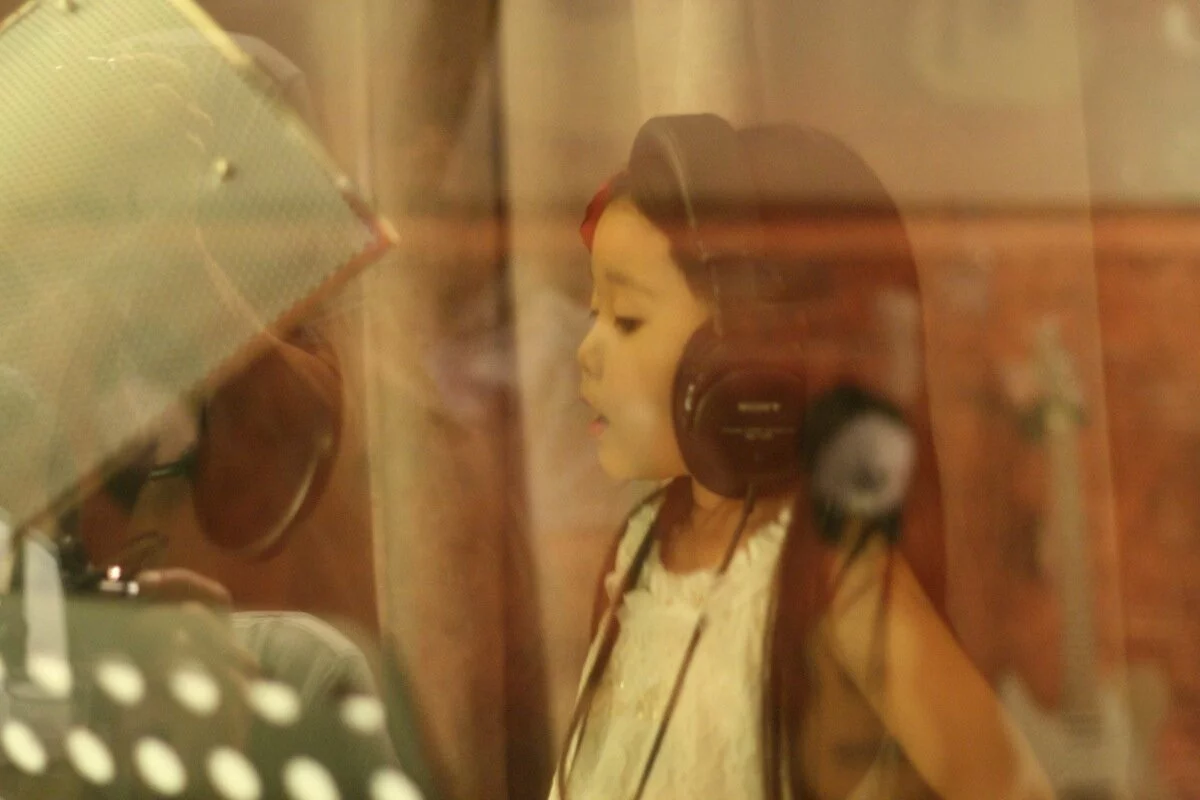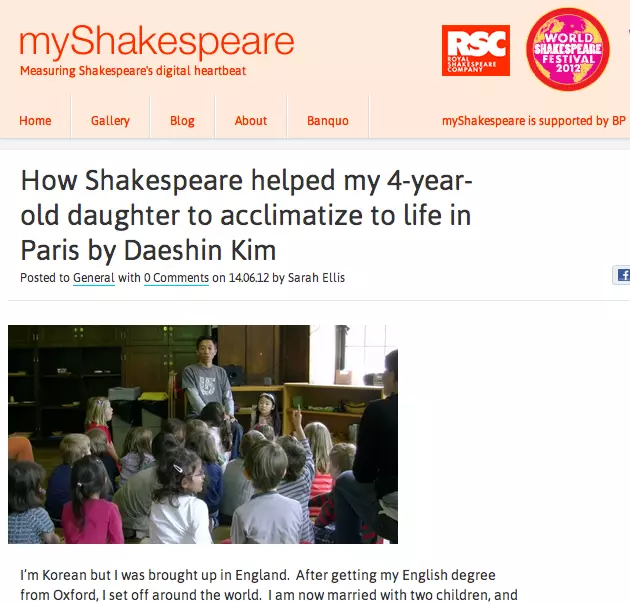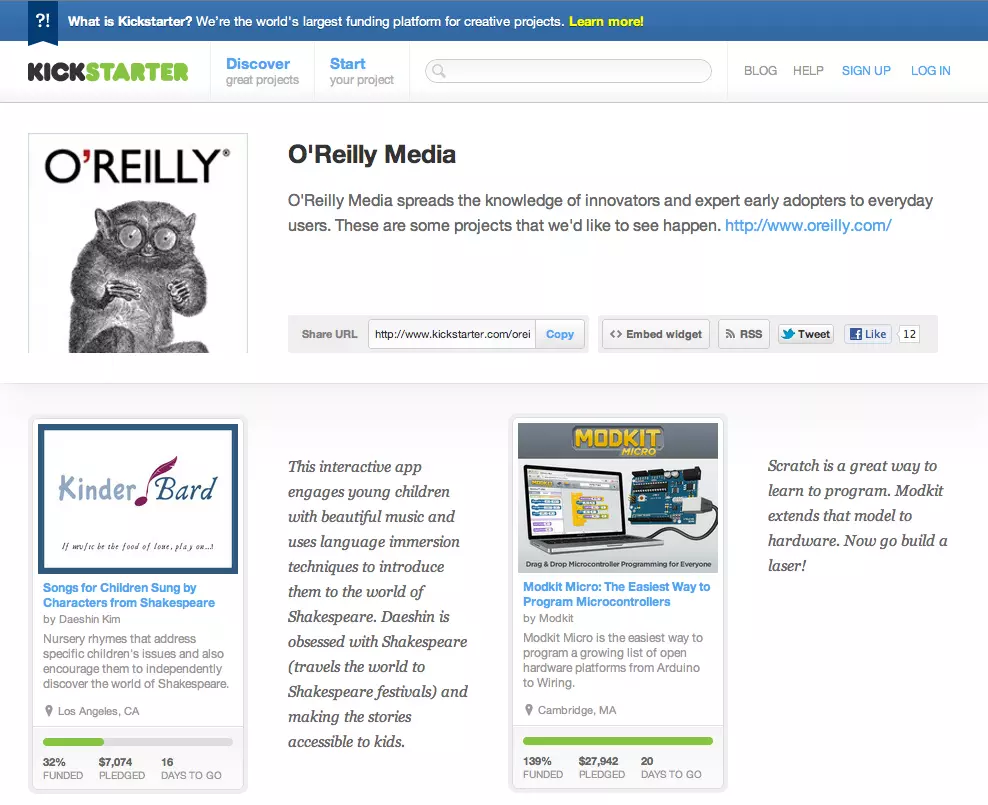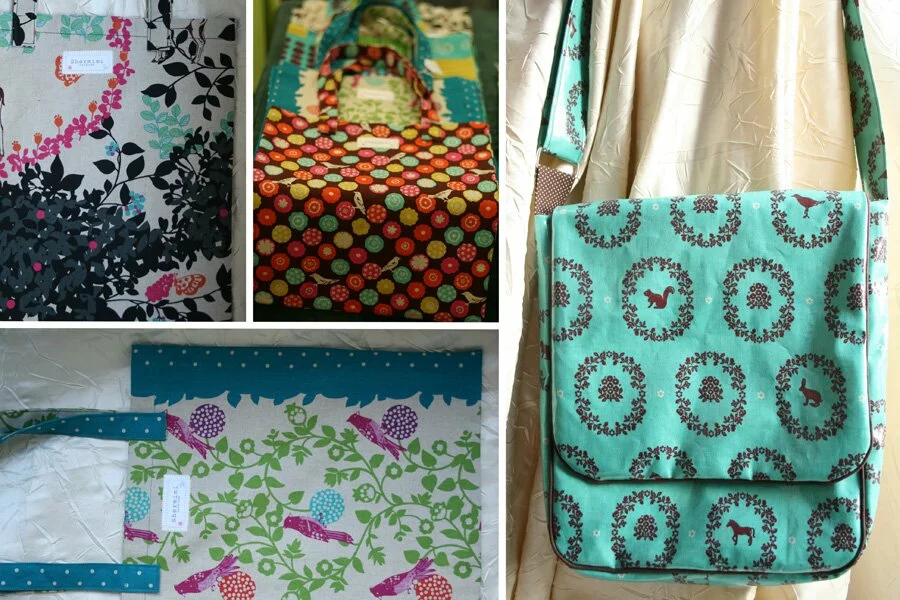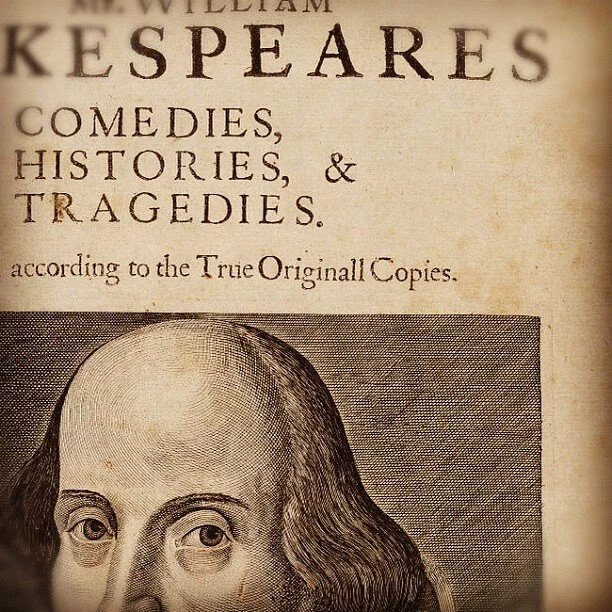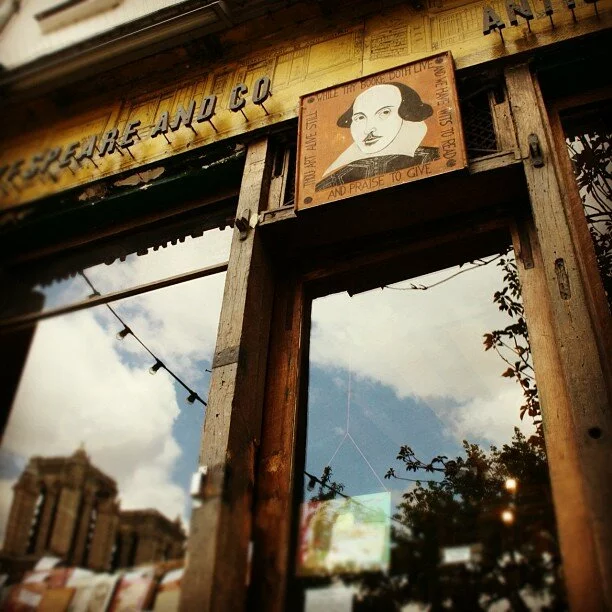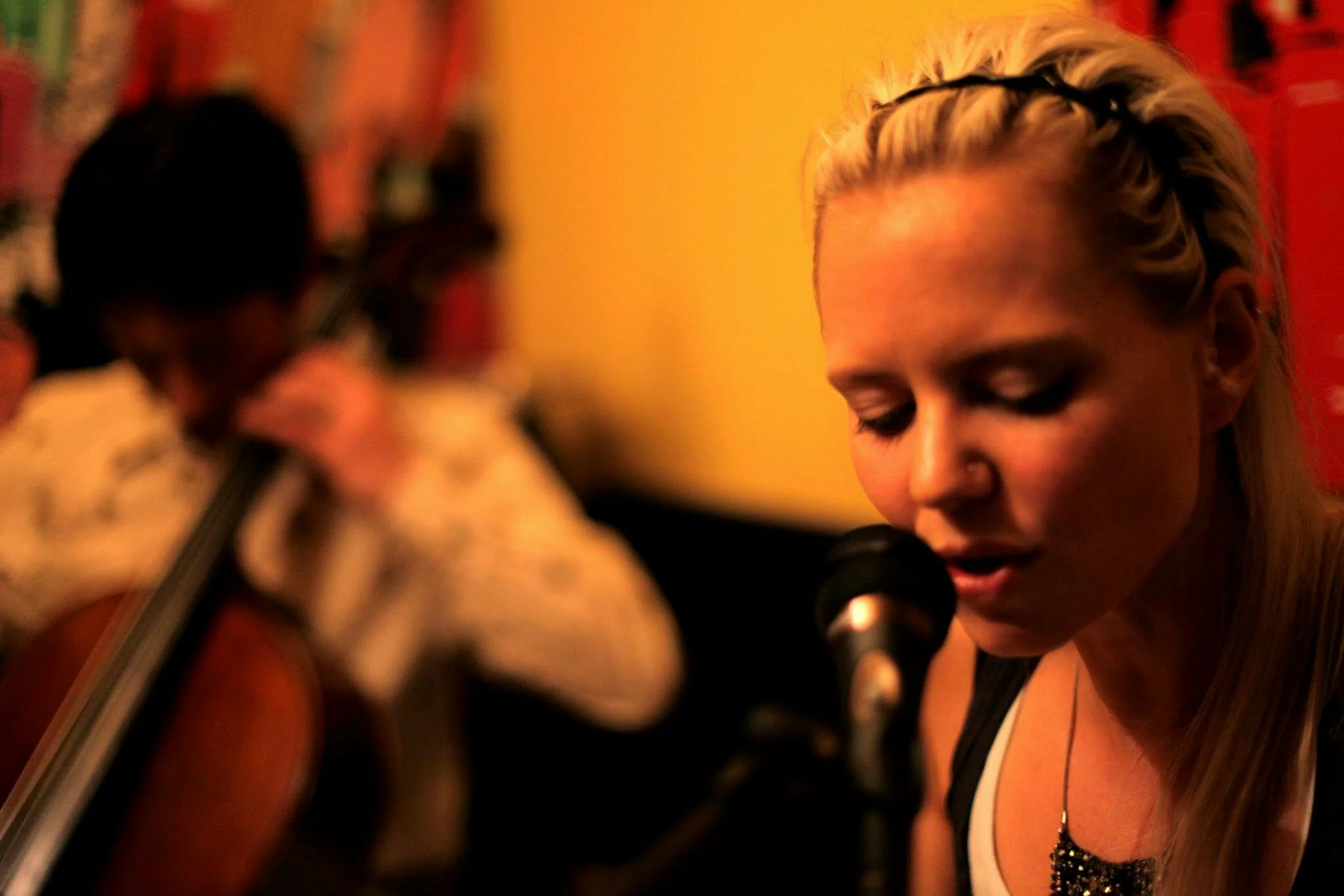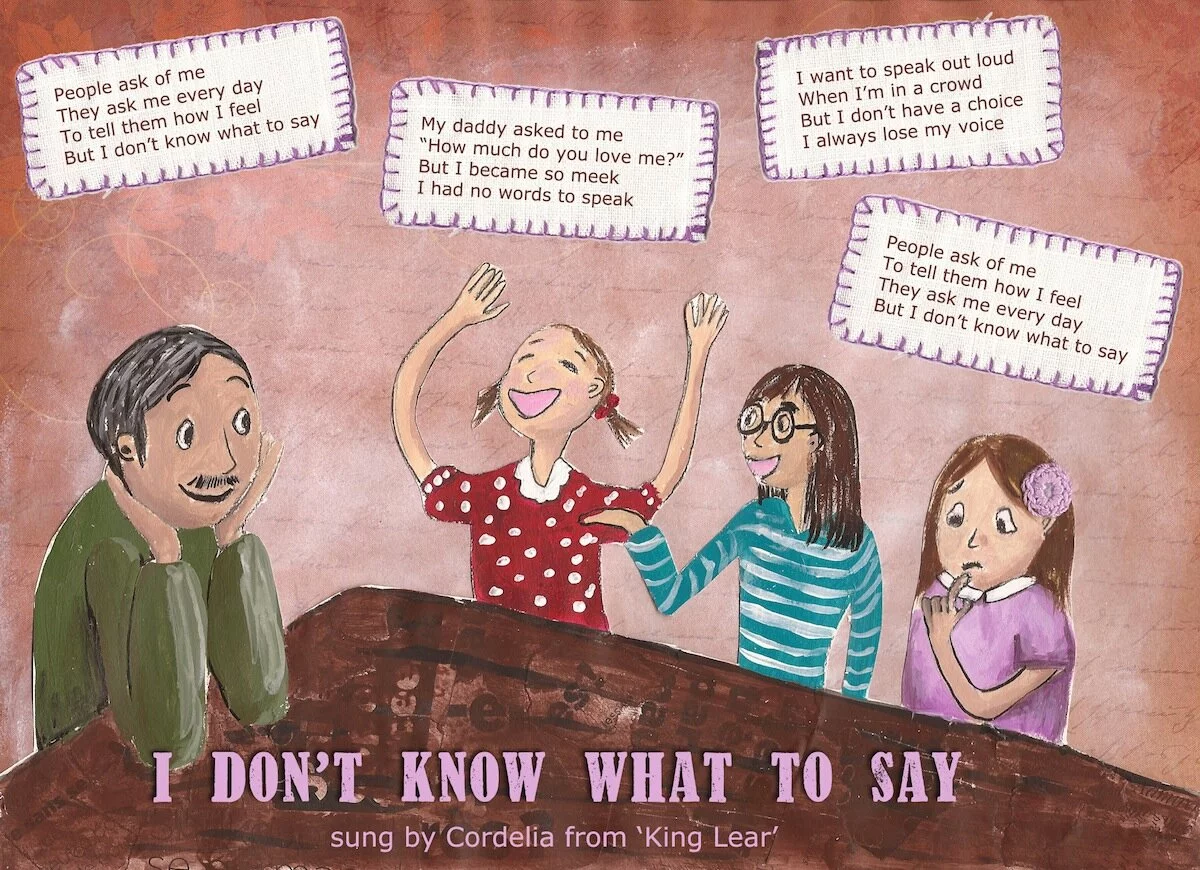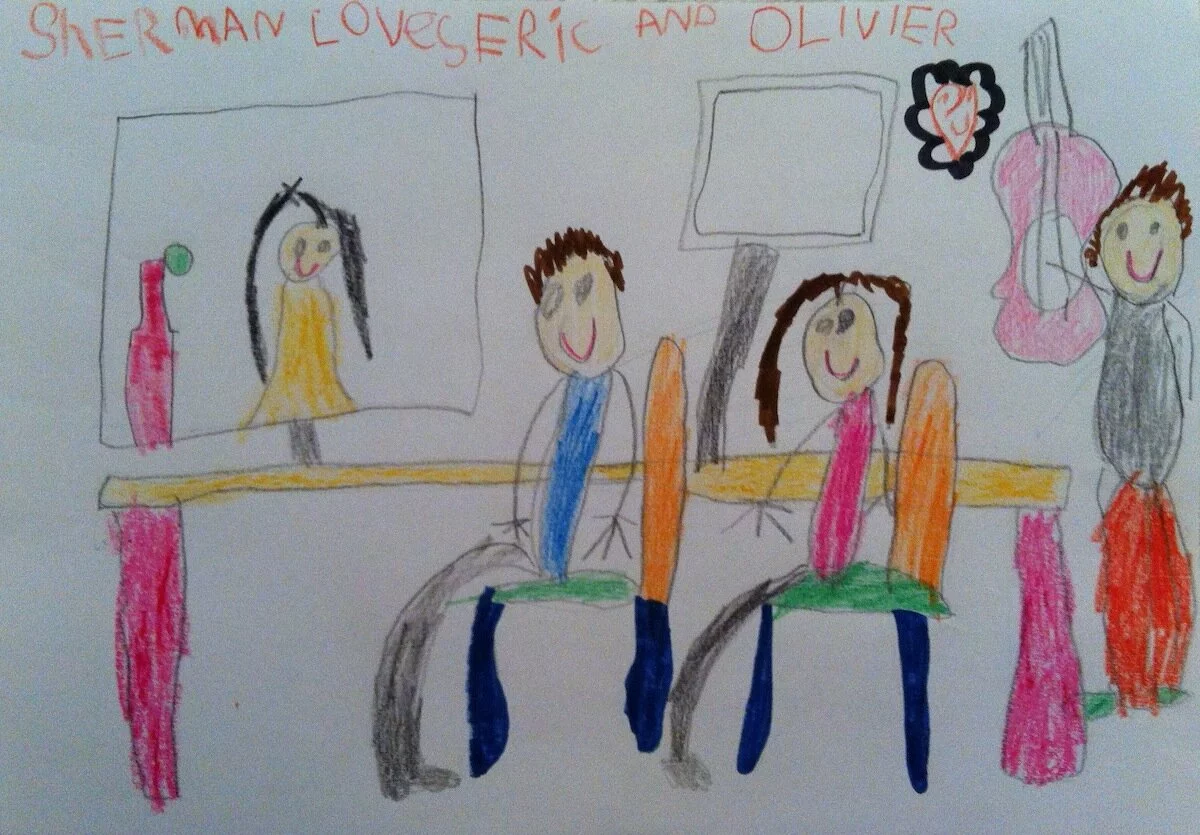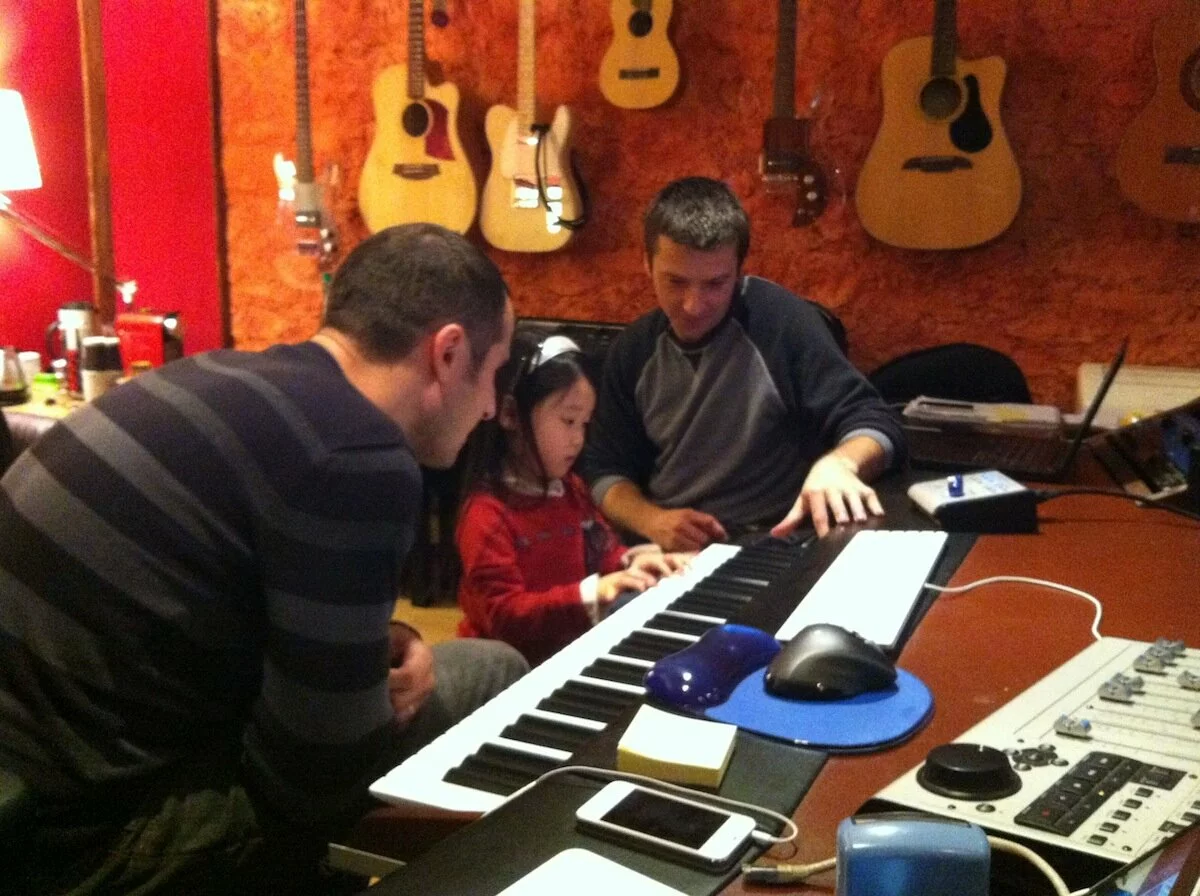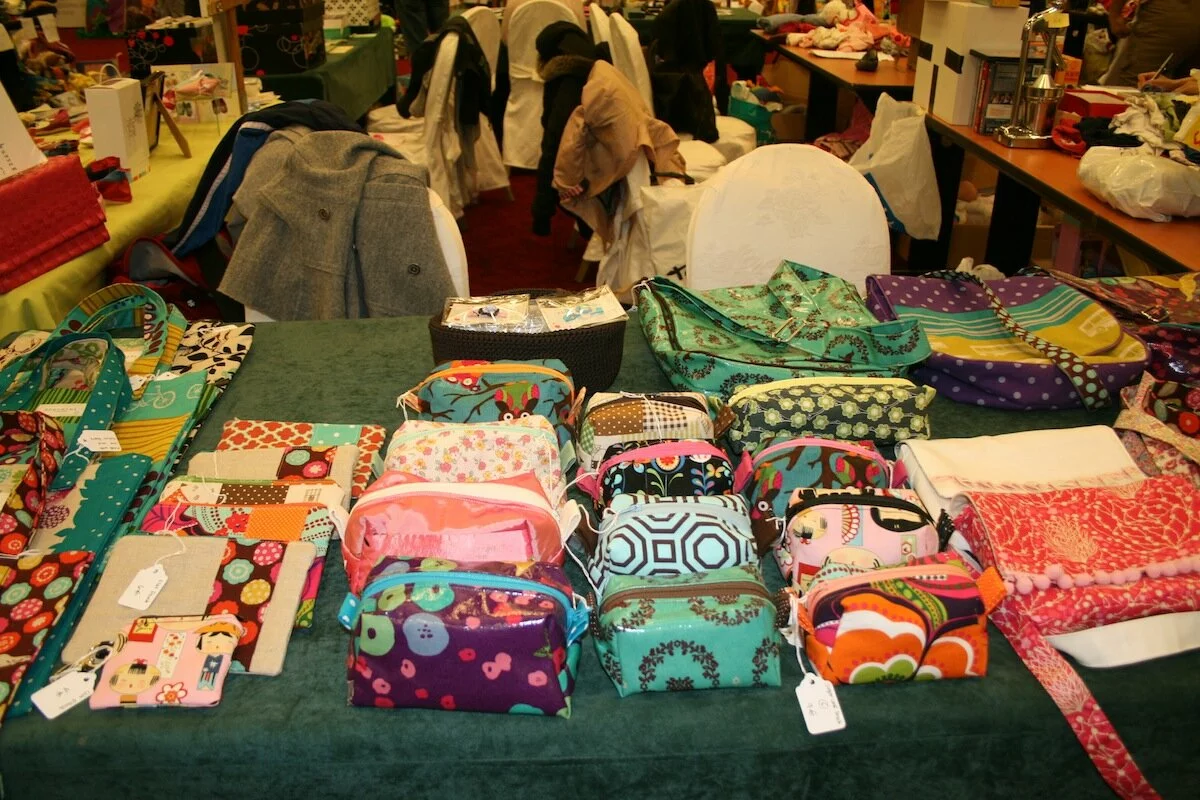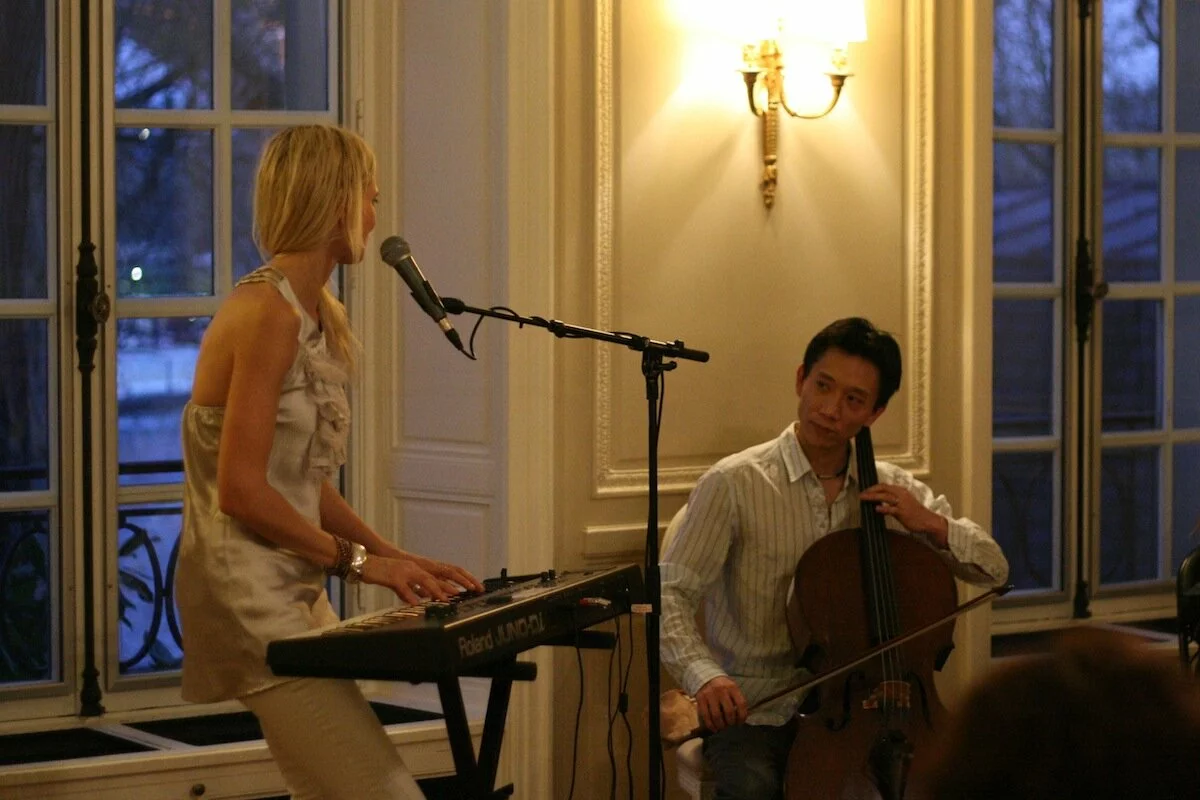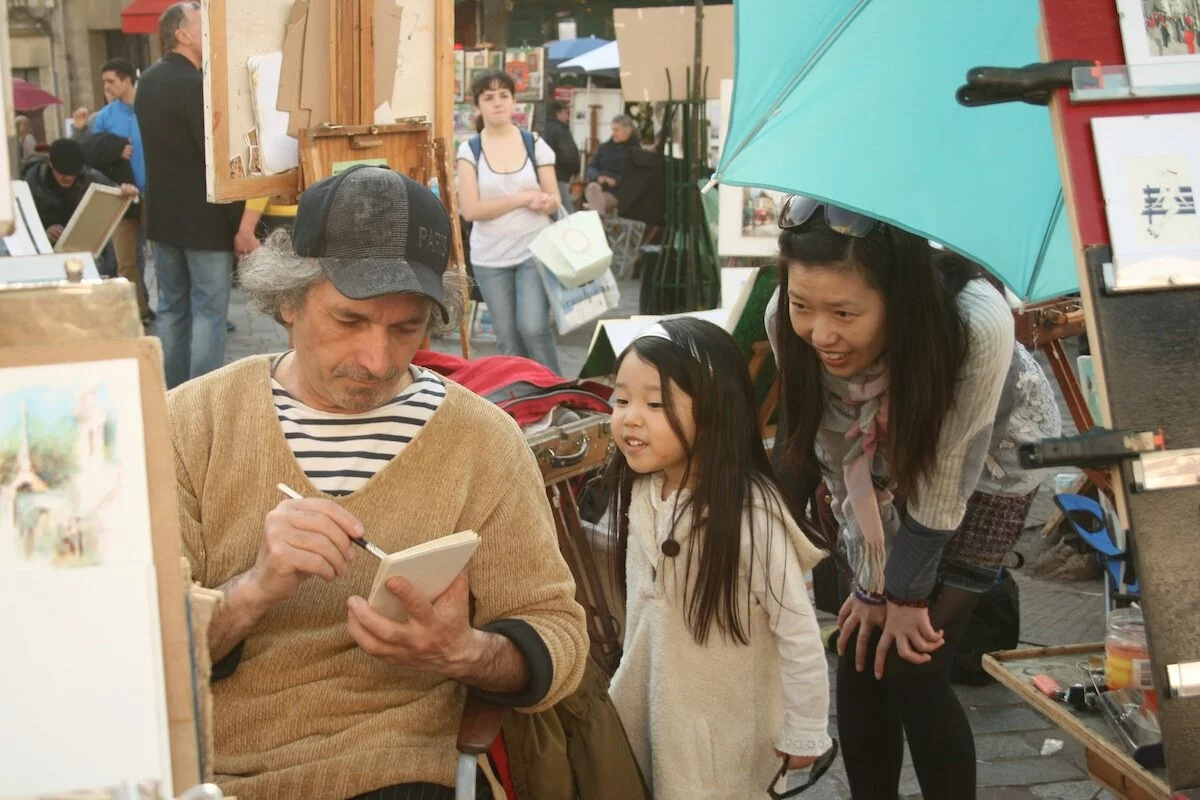I hear a lot about the generosity of backers, ordinary folks like you and me, who help to fund artistic projects on Kickstarter. There are more than 2 million of us, who have taken part in successfully funding 23,000 of these things, and I have to admit, it’s an addictive pastime: you find a project that wows you, you become literally invested in its progress, you root for its success, more often than not sharing in an exhilarating final few hours as you watch it surge across the finish line, and dreams become reality.
What I don’t often hear about is the generosity of the project creators themselves, but it only makes sense that like would beget like on such a platform. It’s no accident that some of the most storied projects are the ones that are all about ‘giving.’ Jordan Stratford‘s steampunk children’s book is for and about girls, and it encourages an interest in math, science, history, and literature. Cory Silverberg‘s What Makes a Baby aims to include all children in its story of where babies come from, regardless of how many people were involved, what the orientation, gender identity, or other make-up of the family is. And as Amanda Palmer wrote on her blog, even if her Kickstarter project hits one million dollars in pledges by the campaign’s end, it doesn’t mean she’ll suddenly “be loaded” – it means that she’ll be able to create even more valuable products for her backers and for the general public – and “we’ll all win.”
The generosity of these artists manifests itself on a very personal level too. Having myself been inspired to try my hand at a Kickstarter project, I was suddenly hit with the pre-launch jitters with just 24 hours to go. So, in desperation, I cold-called four creators of past projects (completely going against Jane Friedman’s advice), including both of the children’s writers mentioned above. I received a personal response from all four, with encouragement and pointers. They expressed approval of my project and offered to give it a shoutout to their own backers (I did only contact creators with whom I shared a large target demographic). Ross Williams of the Shakespeare Sonnet Project gave details of strategies he used during the entire duration of his successful campaign. Peter Friedrich of Shakespeare Iraq told me that the majority of his backer support came through Oregon Shakespeare Festival subscribers, and put me in touch with one of their producers.
And that is how I learned to crawl out of my shell, stop worrying and love the community. Having been living and working in isolation for so long, I finally found a place where I could forge real relationships with artists who have this is common: they are all trying to create something of value outside of the system, and they are all generous with their dreams and resources. And isn’t this exactly what we want, and expect, of our artists?
So if you haven’t yet, go ahead and find a project to back. Let this be the beginning of a connection with the creative world for everyone, the beginning of a change in the way things are done, with backers and artists being very much one, a part of the same movement. And in time, maybe you’ll launch a small (or ambitious!) project of your own. You all have one inside you. And we’ll be here waiting, in case you need us.







